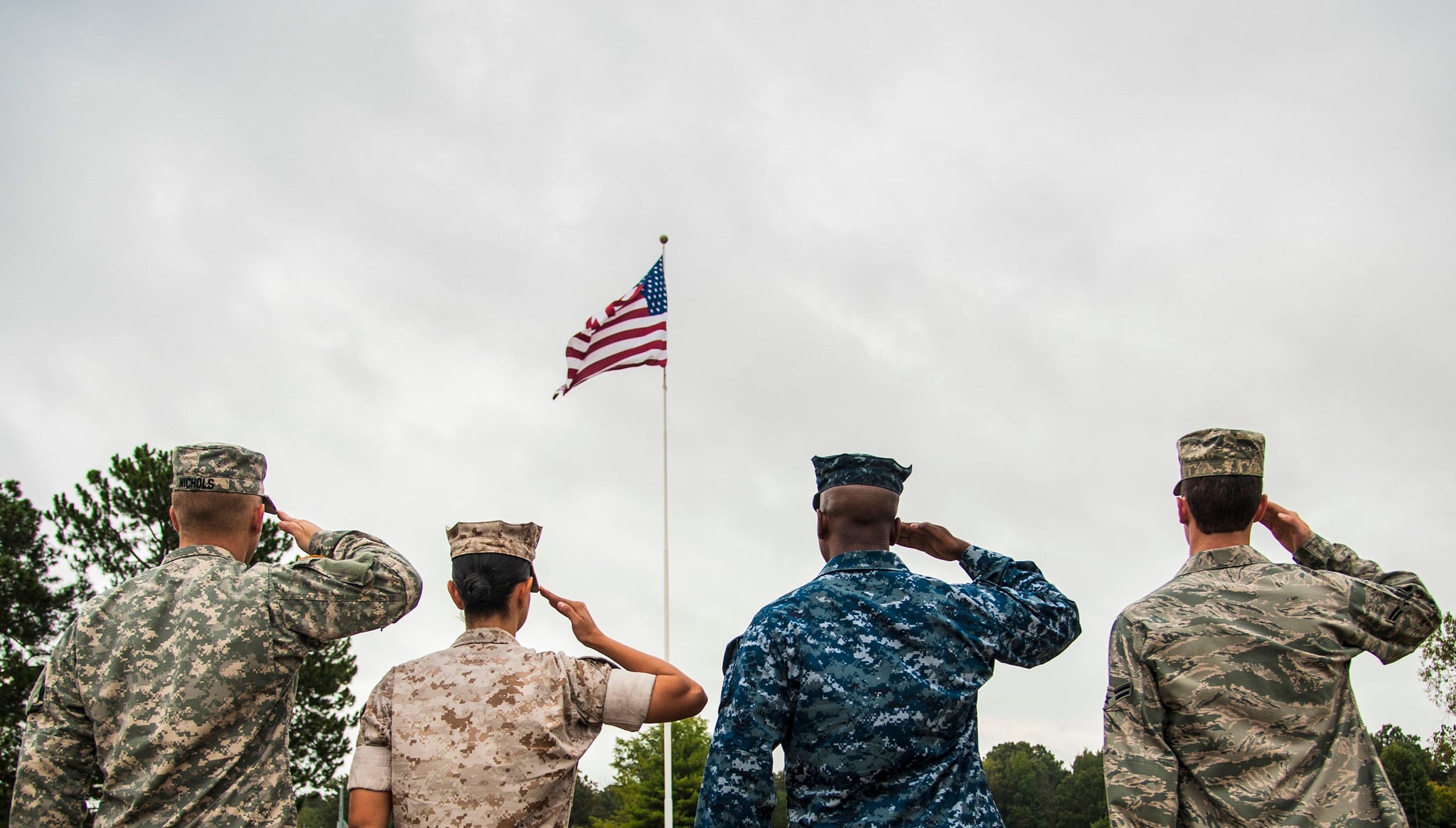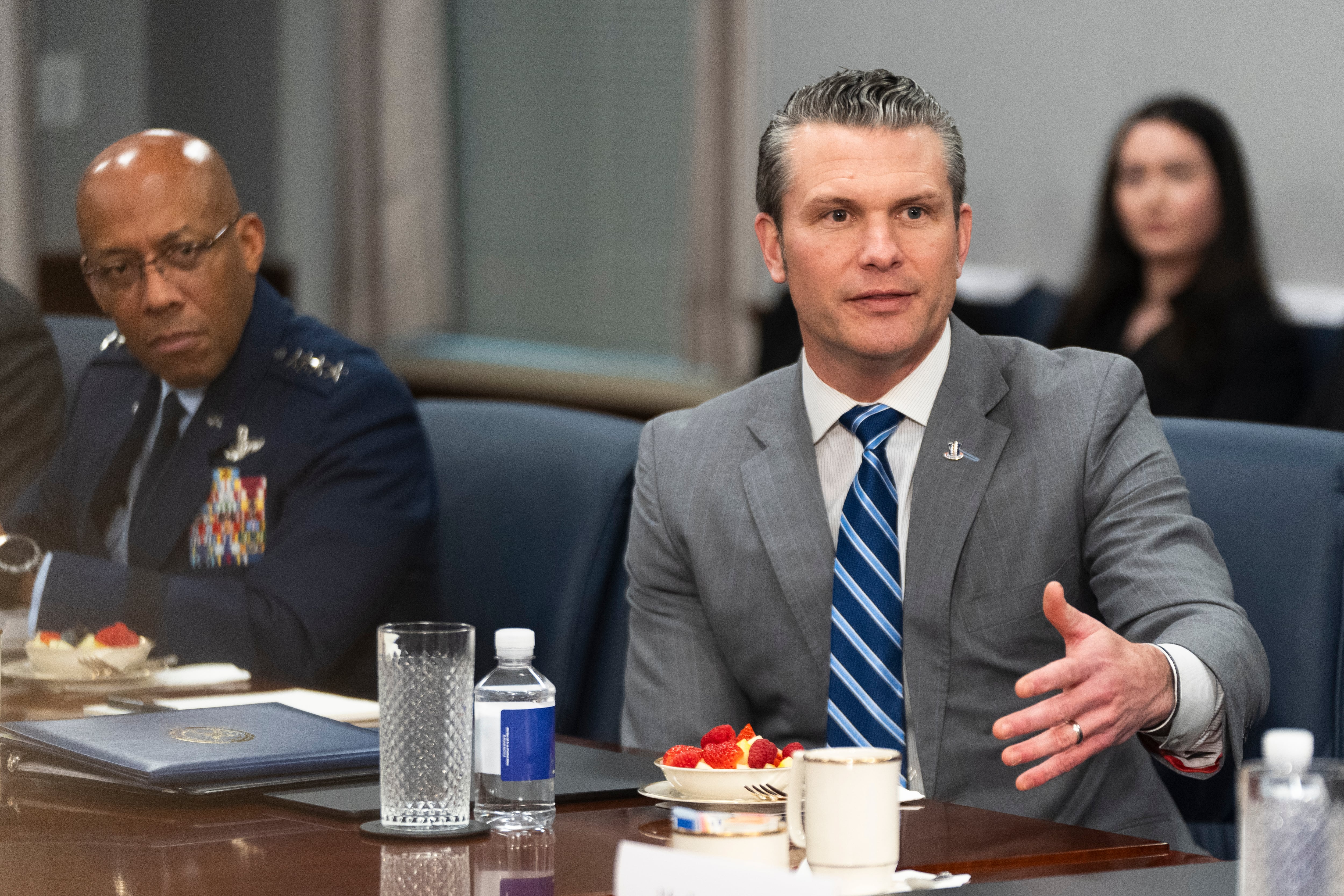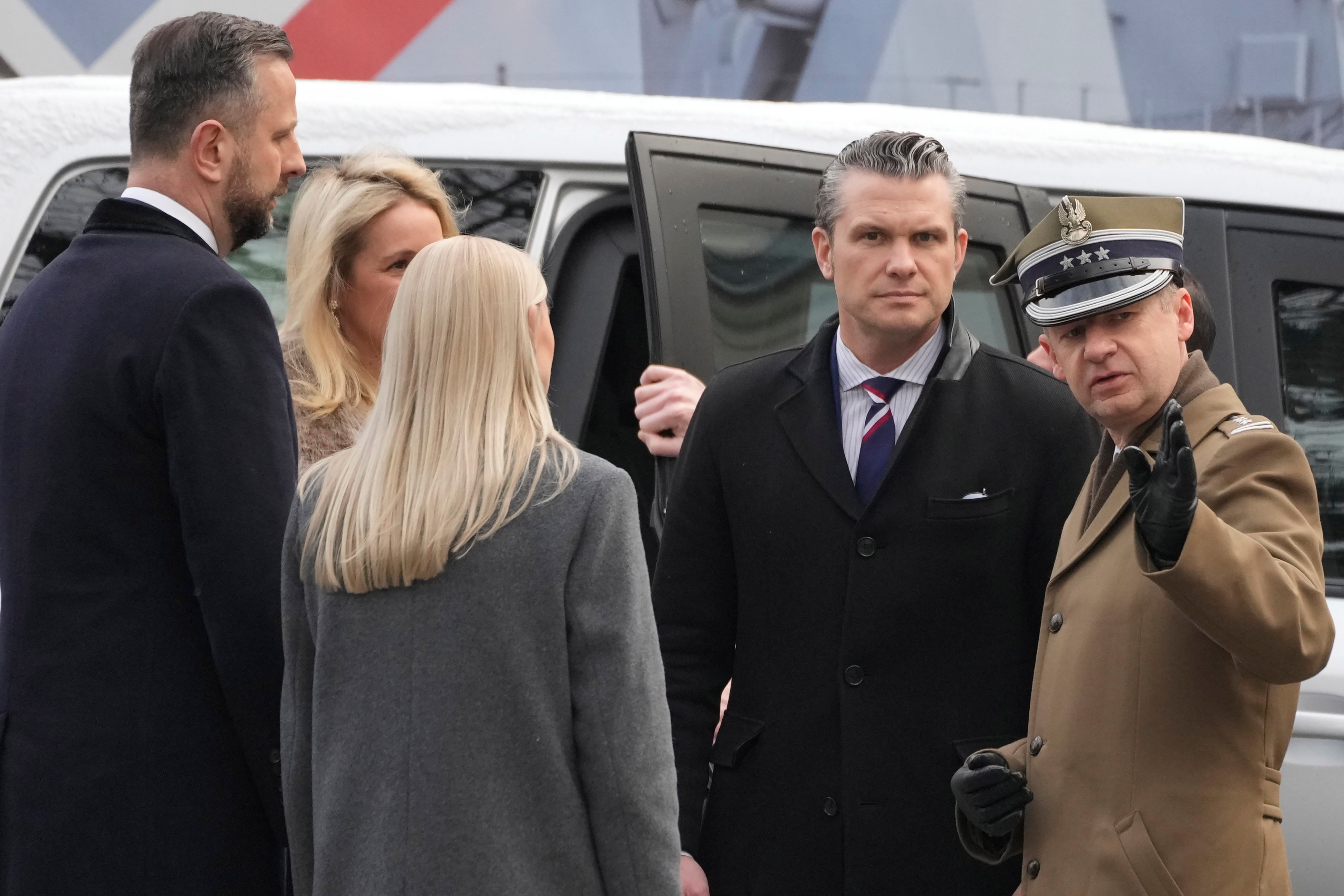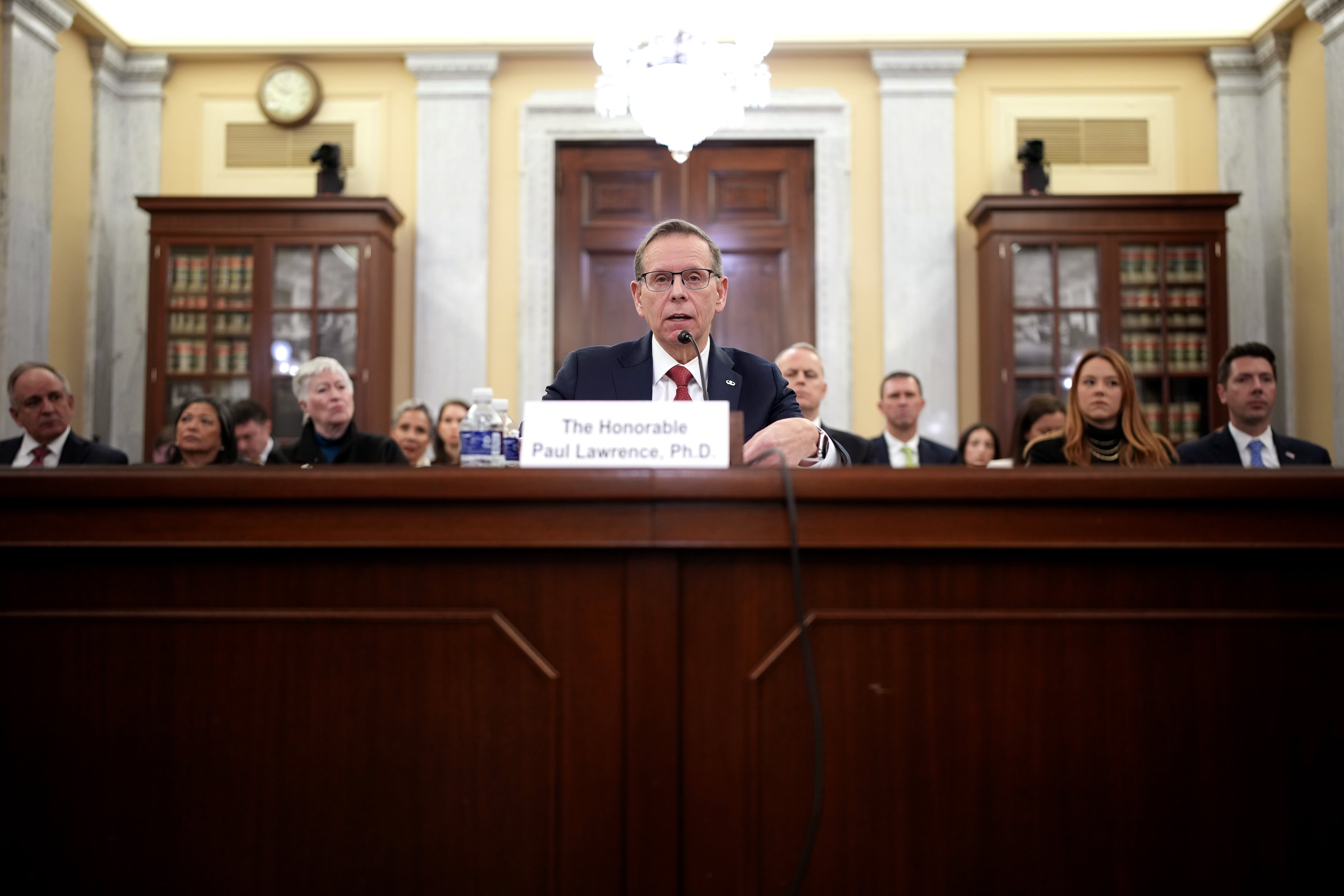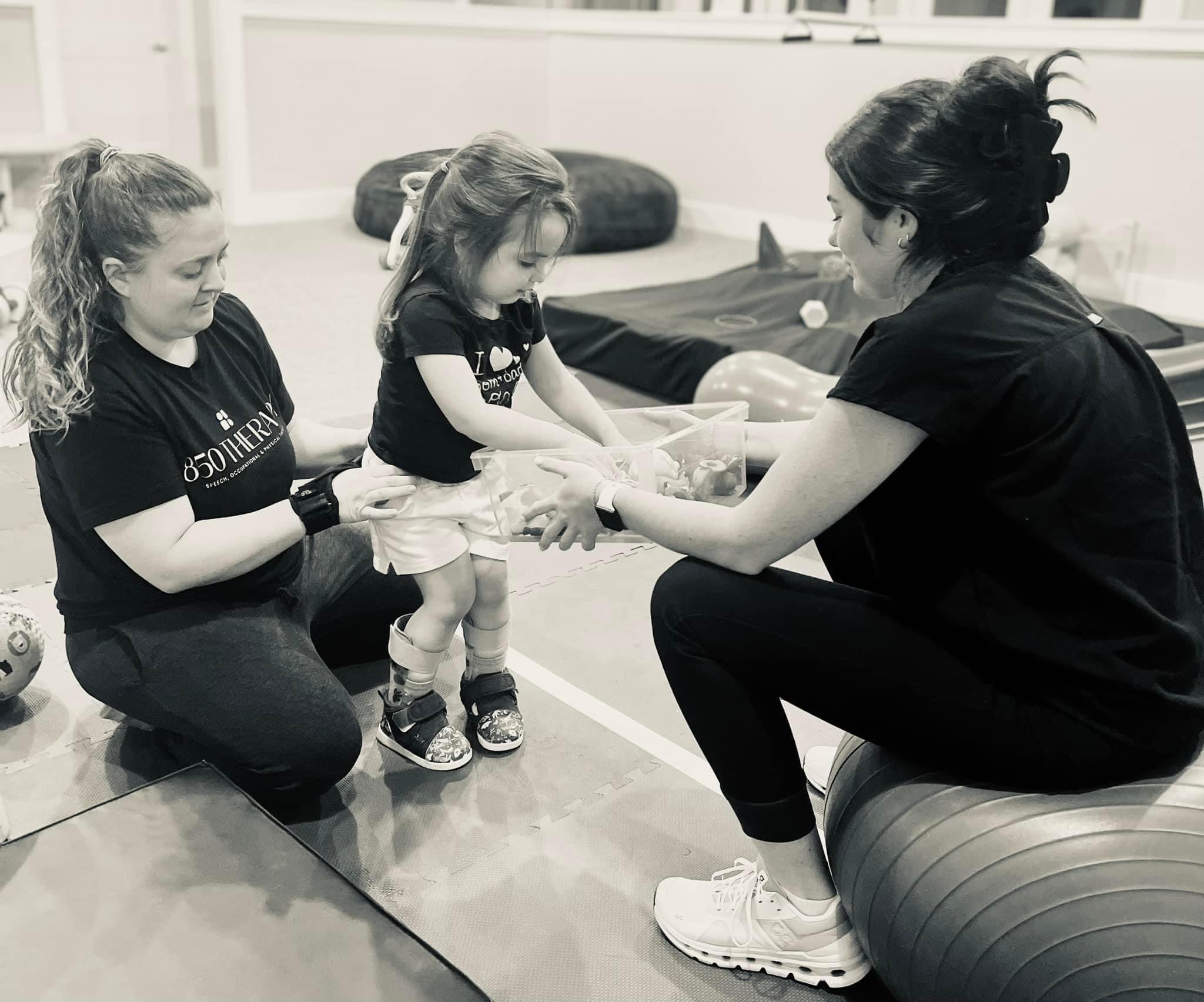Following the Capitol insurrection on Jan. 6, 2021, and after high-profile cases of military member involvement in far-right and white supremacist demonstrations and violence over the past year, a now common refrain was offered in response: the military is just a microcosm of society.
Over my 12 years as an Air Force officer, I’ve heard civilian and military leaders alike refer to the men and women who serve in a different way: the best and brightest the nation has to offer. In daily life, both in and out of uniform, we are held to higher standards of behavior than society as a whole. That is why press reports regularly call attention to the participation of military members and veterans in anti-government and white supremacist activity, but do not similarly focus attention on the professions of others. The American people expect those who serve, who lead their sons and daughters, who are entrusted to protect and defend the United States, to be better, to be more capable, to be deserving of their trust.
As of 2019, the Pew Research Center found that 83 percent of Americans had confidence in the military. By contrast, Americans have far less confidence that corporate leaders (56 percent) and elected officials (63 percent) will act in the best interest of the public. Although a high level of confidence in the military has persisted for nearly the past 30 years, this support was not always the norm. Gallup polls show that during most years between 1975 and 1988, less than 60 percent of Americans expressed confidence in the military.
During the decades that followed, generations of military leaders have worked to show the public that the institution is deserving of their trust, and that military members deserve their support. This confidence has translated into appreciation for and gratitude towards the men and women who serve, bipartisan support of defense and veteran spending, the ability to recruit an effective all-volunteer force, and respect for military and veteran perspectives.
That today’s military commands the highest level of public support of any public institution in American life stands in contrast to the idea that Americans believe the military is nothing more than a reflection of society. Within the armed forces, our own training and standards oppose that notion, as well. Prior to service, we screen enlistees and officers to ensure they are mentally, physically, and morally fit to serve. From day one of basic training, we instill not just tactical skills in military recruits, but service core values:
• U.S. Air Force and Space Force: Integrity first, Service before self, Excellence in all we do;
• U.S. Navy and Marine Corps: Honor, Courage, Commitment;
• U.S. Army: Loyalty, Duty, Respect, Selfless service, Honor, Integrity, Personal courage.
Over the course of each member’s military career, we continue to develop the men and women of the armed forces as professionals and as leaders. When members act in a manner out of line with military values and regulations, we take disciplinary measures. Indeed, the structure of our institution is based on the premise that we will build on the natural talents of those who choose to serve, correct behaviors and attitudes that do not align with our values, and remove those who fail to meet expectations in order to create the force needed to overcoming any threat to our nation’s security. As the former chief of staff of the Air Force, retired Gen. David Goldfein remarked last January, a reason for the high level of public confidence in the military is that “the American people have come to expect that the military does hard things really well.”
The “hard thing” we must do now is to root out racist, hate-based, and discriminatory attitudes, processes, and people from our ranks. Even if they exist in society as a whole, they cannot be tolerated within the military. As Department of Defense leadership conveyed in a December 2020 memo, “diversity and inclusion in the Department are moral imperatives — to ensure every member of the Total Force is treated with dignity and respect.” It is a matter of mission and force readiness, affirmed by Secretary of Defense Lloyd Austin’s assertion that the Department of Defense cannot “keep America safe from our enemies … if some of those enemies lie within our own ranks.”
Neither service members nor the greater American public should accept the explanation, however well intentioned, that the military community is just a reflection of society at large. At a minimum, the military should be a reflection of the best in our society. Service members work hard to hold ourselves and each other to a higher standard in all that we do, including the ways we respect and treat one another, and the prejudices and biases we do not tolerate. The military cannot be both a microcosm of society and be comprised of the best and brightest. For the sake of all those who have chosen to serve, and for the institution to retain the public’s trust, we need the military to be the latter.
The views expressed in this commentary are those of the author and do not necessarily reflect the official policy or position of the Air Force, the Department of Defense, or the U.S. Government.
Air Force Maj. Asha Padmanabhan is a fellow at the Center for American Progress, and a former staff member for the Air Forces Central Command and Air Combat Command.
Editor’s note: This is an op-ed and as such, the opinions expressed are those of the author. If you would like to respond, or have an editorial of your own you would like to submit, please contact Military Times managing editor Howard Altman, haltman@militarytimes.com.
